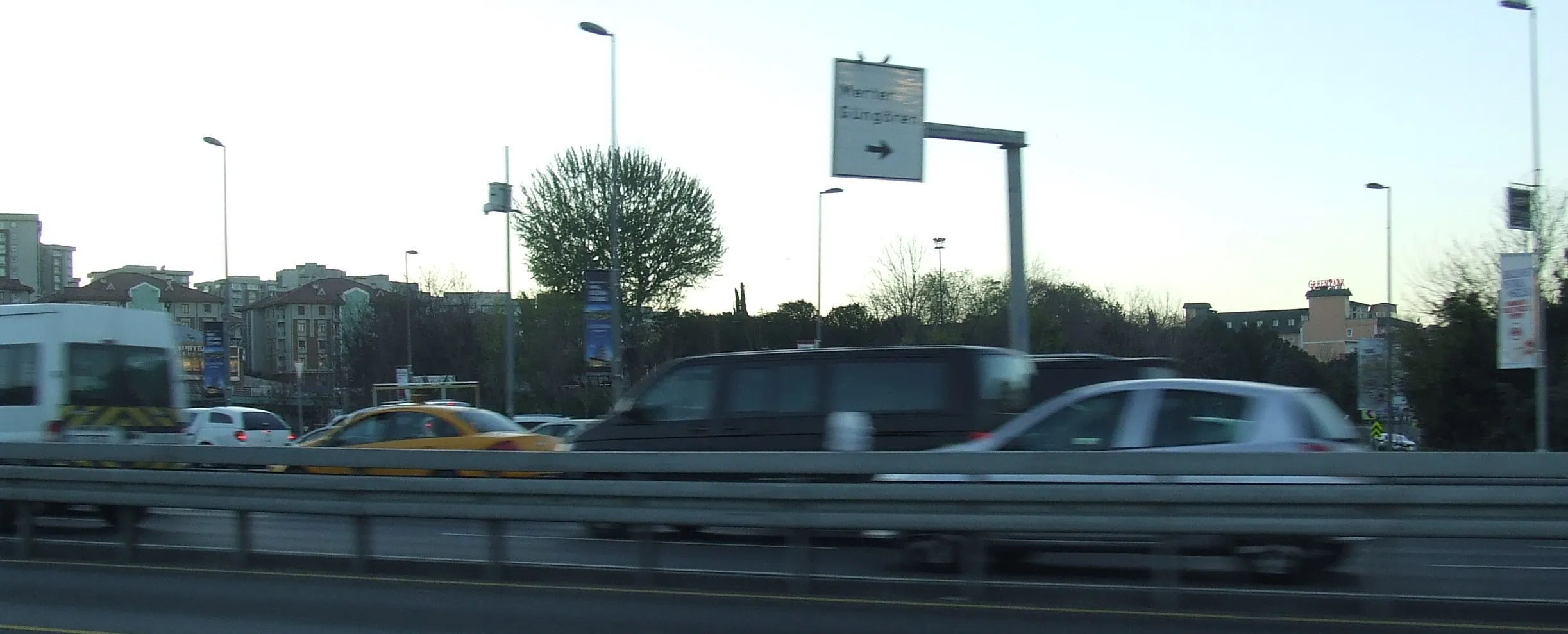Congestion charging can be an effective measure to aid traffic management in major cities. As vehicle use continues to grow worldwide, and fastest of all in developing nations, the problem of congestion is becoming worse in many cities. The mega cities of the developing world suffer particularly in this regard, with infrastructure unable to cope with current traffic volumes, let alone anticipated vehicle numbers for even the near future.
June 25, 2012
Read time: 3 mins

Congestion charging can be an effective measure to aid traffic management in major cities. As vehicle use continues to grow worldwide, and fastest of all in developing nations, the problem of congestion is becoming worse in many cities. The mega cities of the developing world suffer particularly in this regard, with infrastructure unable to cope with current traffic volumes, let alone anticipated vehicle numbers for even the near future.
Public transportation is important for commuters but cannot shoulder the entire burden of demand, especially when many people prefer the freedom of choice and versatility offered by using their own vehicles. As a result, some cities are close to gridlock and solutions must be found.
There are tools to help tackle the problem. The authorities in the Chinese capital Beijing introduced strict regulations on vehicle movements during the 2008 Olympics in a successful bid to reduce vehicle pollution. And in Mexico City too, the authorities have a system of restricting vehicle movements when the city’s airborne pollution reaches critical levels. Meanwhile intelligent use of traffic management technology can reduce vehicle concentrations. And even fairly small reductions in vehicle numbers can reduce densities sufficiently to allow more even traffic flow.
Those few cities around the world employing congestion charging measures at present have benefited from traffic reductions at peak periods. But while congestion charging has been proposed for many cities, including New York, Chicago and Edinburgh, it has been rejected when put to public vote. It is worth noting that in both London and Stockholm, the city authorities introduced congestion charging first, before asking the public how they felt with regard to the system. Clearly, the benefits of congestion charging are hard to understand, until the system is in place.
According to official data available in Italy, car traffic in the city of Milan has decreased significantly in the three and a half month of the introduction of the new congestion charge scheme. In areas where the charging scheme is implemented and at the hours of its operation, traffic volumes have fallen by an average 7%.
Meanwhile traffic volumes also dropped by an average 6.6% in the congestion charge zone, even when the scheme is not operating. The total number of vehicles that entered the congestion zone has dropped by some 3.3 million. Some 62.5% of the 25,686 vehicles in the zone were taxis, 16% were vehicles for people with disabilities, and 7.4% were public transport, bikes or car shares. Some 45% if the 538,000 different cars registered entered the area only once in 71 days, and only 4.6% of the total entered at least every second day.
Other cities are keen to utilise congestion charging. The authorities in Hungarian capital that income from the planned congestion charge, due to start in mid-2013, will total some US$85.64 million/year. The amount will be spent on covering operating costs of the Hungarian capital's public transport company BKV.
Public transportation is important for commuters but cannot shoulder the entire burden of demand, especially when many people prefer the freedom of choice and versatility offered by using their own vehicles. As a result, some cities are close to gridlock and solutions must be found.
There are tools to help tackle the problem. The authorities in the Chinese capital Beijing introduced strict regulations on vehicle movements during the 2008 Olympics in a successful bid to reduce vehicle pollution. And in Mexico City too, the authorities have a system of restricting vehicle movements when the city’s airborne pollution reaches critical levels. Meanwhile intelligent use of traffic management technology can reduce vehicle concentrations. And even fairly small reductions in vehicle numbers can reduce densities sufficiently to allow more even traffic flow.
Those few cities around the world employing congestion charging measures at present have benefited from traffic reductions at peak periods. But while congestion charging has been proposed for many cities, including New York, Chicago and Edinburgh, it has been rejected when put to public vote. It is worth noting that in both London and Stockholm, the city authorities introduced congestion charging first, before asking the public how they felt with regard to the system. Clearly, the benefits of congestion charging are hard to understand, until the system is in place.
According to official data available in Italy, car traffic in the city of Milan has decreased significantly in the three and a half month of the introduction of the new congestion charge scheme. In areas where the charging scheme is implemented and at the hours of its operation, traffic volumes have fallen by an average 7%.
Meanwhile traffic volumes also dropped by an average 6.6% in the congestion charge zone, even when the scheme is not operating. The total number of vehicles that entered the congestion zone has dropped by some 3.3 million. Some 62.5% of the 25,686 vehicles in the zone were taxis, 16% were vehicles for people with disabilities, and 7.4% were public transport, bikes or car shares. Some 45% if the 538,000 different cars registered entered the area only once in 71 days, and only 4.6% of the total entered at least every second day.
Other cities are keen to utilise congestion charging. The authorities in Hungarian capital that income from the planned congestion charge, due to start in mid-2013, will total some US$85.64 million/year. The amount will be spent on covering operating costs of the Hungarian capital's public transport company BKV.








